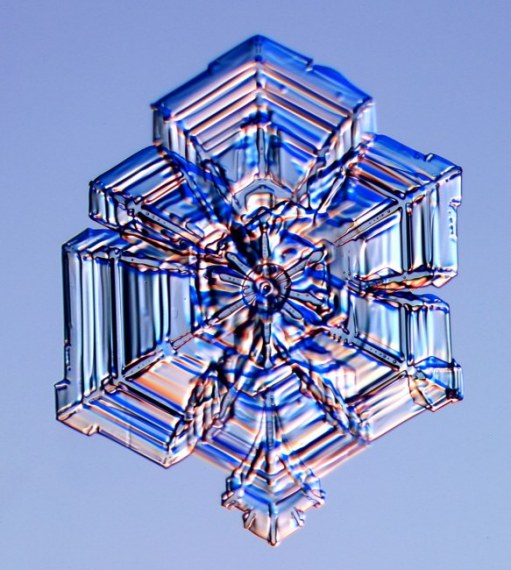BB asked-
Adam- are the fullerenes counted as one of the structures of graphene. Sheet graphene has a strange structure if I recall correctly, which is similar to that of the nanotubes, in terms of internal bonding. The name graphyne comes to mind as but I can't recall it's relationship with the others, I think it may be a compisite used in saline filtration.
From the wikipedia article, it seems some researchers have recently confirmed that 3D fullerenes result when graphenes (2D sheets of graphite) spontaneously form into more stable configurations ("top-down").
http://en.wikipedia.org/wiki/Fullerene#Construction
Two theories have been proposed to describe the molecular mechanisms that make fullerenes. The older, “bottom-up” theory proposes that they are built atom-by-atom. The alternative “top-down” approach claims that fullerenes form when much larger structures break into constituent parts. [45]
In 2013 researchers discovered that asymmetrical fullerenes formed from larger structures settle into stable fullerenes. The synthesized substance was a particular metallofullerene consisting of 84 carbon atoms with two additional carbon atoms and two yttrium atoms inside the cage. The process produced approximately 100 micrograms. [45]
However, they found that the asymmetrical molecule could theoretically collapse to form nearly every known fullerene and metallofullerene. Minor perturbations involving the breaking of a few molecular bonds cause the cage to become highly symmetrical and stable. This insight supports the theory that fullerenes can be formed from graphene when the appropriate molecular bonds are severed. [45] [46]
Interesting stuff, where atoms spontaneously interact with each other due to flux of energy, and spontaneously assume complex shapes.
Kate said-
No I don't, you are being dishonest Adam, you change the subject and don't stick to topics, plus you said you didn't want to read Max Jammer with me, so you don't know what I am quoting because you haven't read it.
Kate, Einstein himself explained what he meant quite well, and I read his book long ago: Einstein doesn't need Max Jammer to explain his meaning for him, and if he's saying Einstein believed in a personal intellient God, he's simply wrong (just like you, by continuing to cite that quote which you've cherry-picked, without bothering to explain the context in which Einstein used it). I can only conclude your intellectual-dishonesty is fully willful, which places you in good company with the WTBTS, an outfit who seemingly thinks they're immune from the rules of ethics.
Adam




